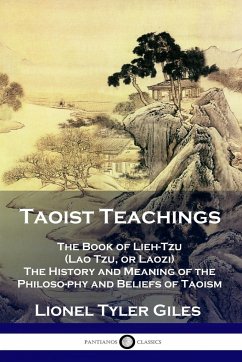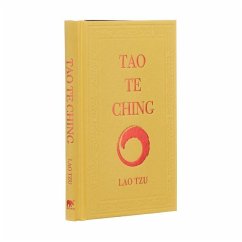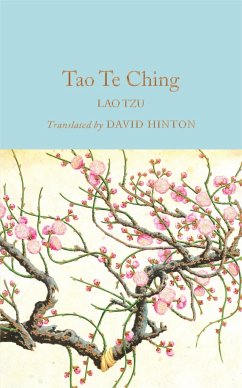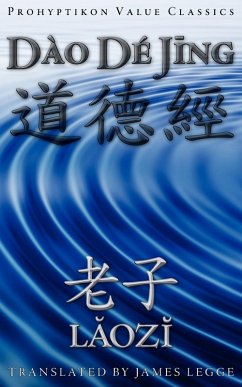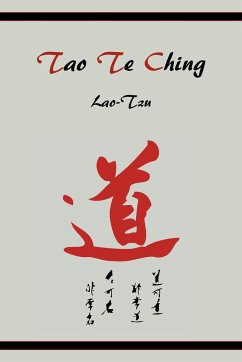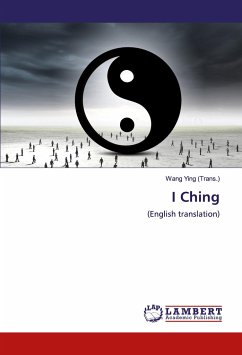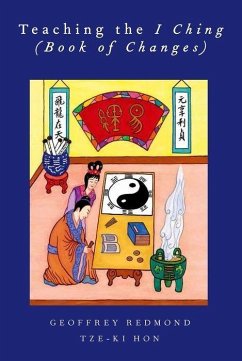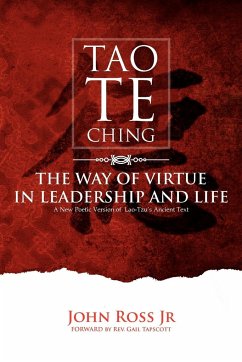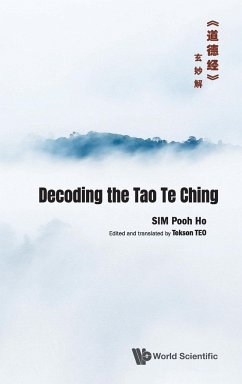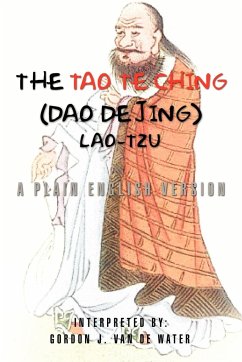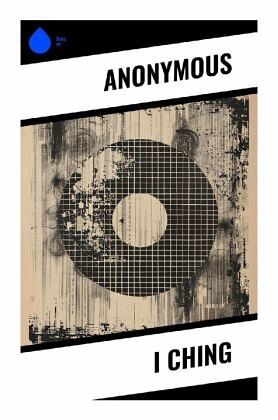
I Ching
Versandkostenfrei!
Versandfertig in 6-10 Tagen
16,40 €
inkl. MwSt.

PAYBACK Punkte
0 °P sammeln!
The 'I Ching,' also known as the Book of Changes, is an ancient Chinese text foundational to Chinese philosophy, spirituality, and divination. Written in a cryptic yet poetic style, this work integrates cosmological views with practical guidance, presenting a hexagram-based system that reflects the dynamics of change and balance in life. The text's layers of interpretation reveal its profound connections to Confucianism and Daoism, situating it within a larger literary context that emphasizes harmony and ethical living. The 'I Ching' serves not just as a prophetic tool but as a philosophical m...
The 'I Ching,' also known as the Book of Changes, is an ancient Chinese text foundational to Chinese philosophy, spirituality, and divination. Written in a cryptic yet poetic style, this work integrates cosmological views with practical guidance, presenting a hexagram-based system that reflects the dynamics of change and balance in life. The text's layers of interpretation reveal its profound connections to Confucianism and Daoism, situating it within a larger literary context that emphasizes harmony and ethical living. The 'I Ching' serves not just as a prophetic tool but as a philosophical manual, prompting readers to ponder the transient nature of existence and the wisdom of embracing change. The author of the 'I Ching' remains anonymous, a testament to its timelessness and universality. The text is believed to have originated during the Western Zhou period (1046-771 BCE), drawing from oral traditions and the experiences of various sages, reflecting a collective wisdom rather than individual authorship. This communal ideological foundation has allowed the 'I Ching' to transcend historical boundaries, influencing a myriad of disciplines, including literature, psychology, and even modern business practices. This invaluable work is essential for readers seeking to understand the complexities of human experience and the ever-shifting nature of reality. Whether approached as a philosophical guide or a practical tool for divination, the 'I Ching' offers profound insights into personal growth and ethical decision-making, inviting readers to engage with its wisdom across the ages.



